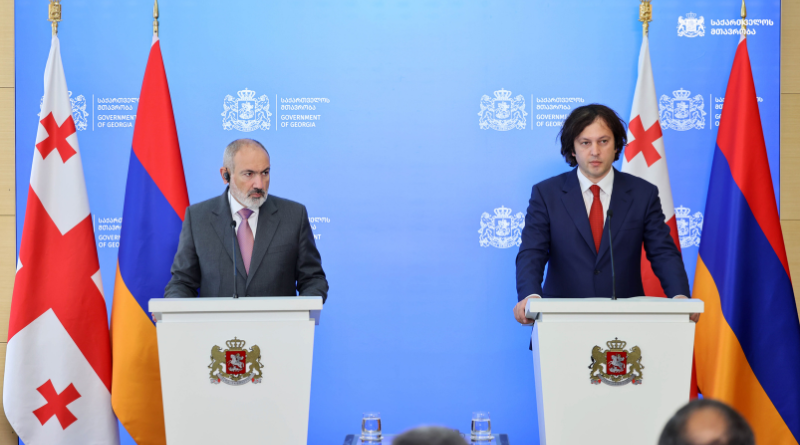
What Impact Will the Elections in Georgia Have on Armenia?
On October 26, Georgia’s parliamentary elections concluded, with the “Georgian Dream” party receiving 54.23% of the votes, while opposition forces garnered 37.33%.
Observers and media reported cases of violations, electoral fraud, voter intimidation, and vote manipulation. Pascal Allizard, the head of the OSCE mission, noted that intimidation and pressure had negatively impacted the electoral process.
We spoke with political scientist Suren Surenyants about the implications of the Georgian parliamentary election results. According to him, it is in Armenia’s best interest for Georgia to maintain a balanced foreign policy.
The Armenia-Georgia relationship has always been strong, and there is no reason to expect a shift in this dynamic. Georgia’s relations with Armenia, Azerbaijan, and neighboring countries are unlikely to change. Brussels should reconsider its strict stance, as Georgia is unwilling to pay the price of opening a second front against Russia.
Surenyants also addressed Russia-Georgia relations, stating:
In the future, we may see a normalization in Russia-Georgia relations. The victorious political force in Georgia refuses to become a pawn in the hands of geopolitical power centers.
Political analyst Gurgen Simonyan added that, once the final results are confirmed by observer bodies, an analysis will be possible to determine if the elections represent a full exercise of electoral rights or a power grab.
Changes in relations with Armenia may occur. The path we’ve established over the past 30 years might need to be reconsidered, potentially prompting us to seek alternative routes. Georgia, Azerbaijan, and Turkey have trilateral agreements and may even discuss military partnerships. The near future will reveal everything.
